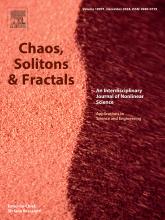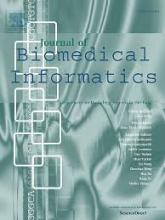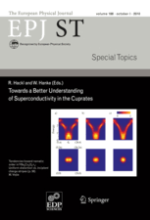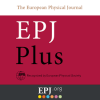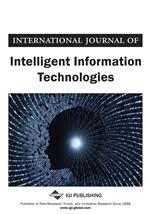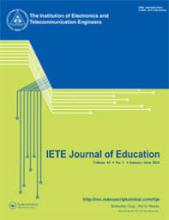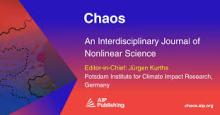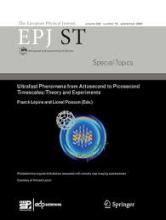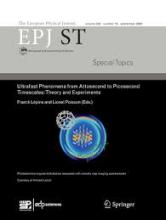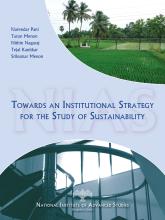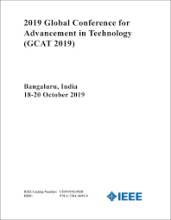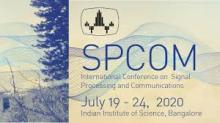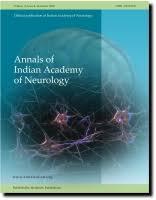
Nithin Nagaraj is Professor and Head of the Complex Systems Programme at the National Institute of Advanced Studies (NIAS), Bengaluru. He joined the NIAS Consciousness Studies Programme in October 2015.
Nithin has a Bachelors degree in Electrical and Electronics Engineering from National Institute of Technology Karnataka (NITK, Surathkal, 1999), Masters degree in Electrical Engineering from Rensselaer Polytechnic Institute (RPI), Troy, New York, USA (2001) and PhD from National Institute of Advanced Studies, Bengaluru (NIAS, 2010). He has previously held positions at GE Global Research, IISER-Pune and Amrita University. He has co-authored over 35+ international peer-reviewed journal publications, and 75+ national & international conference paper presentations with over 1600+ citations (Google Scholar). He has delivered over 150+ invited talks at various national and international forums. He is the co-inventor of 8 US patent applications (2 patents granted) and 2 Indian patent applications. He was conferred 'Distinguished Alumnus' Award for outstanding service and contribution towards Research and Education by NITK Surathkal Alumni Association in September 2024. He is a Senior Member of the IEEE, and an invited member of the Advisory Council of METI: Messaging Extra Terrestrial Intelligence International, USA.
His teaching career has spanned a wide range of courses such as: Introduction to Mathematical Methods, Topics in Artificial Intelligence: Reading the Classics, Scientific Theories of Consciousness, Topics in Information Theory, Chaos & Causal Learning, Signals & Systems, Digital Signal Processing, Cryptography, Wavelet-based Signal Processing, Information Theory & Coding Techniques, Probability Theory & Linear Algebra.
He has co-authored publications in leading peer-reviewed international journals such as Neural Networks, Chaos, Solitons & Fractals, Physical Review E, Chaos Theory and Applications, IEEE Transactions in Circuits and Systems for Video Technology, Chaos: An Interdisciplinary Journal of Non-linear Science, Frontiers in Neurology, Journal of Biomedical Informatics, European Physics Journal Special Topics, PeerJ, PeerJ Computer Science, Annals of Indian Academy of Neurology, Communications in Nonlinear Science and Numerical Simulation, International Journal of Bifurcation and Chaos, Heliyon. He has also co-authored a paper in NeurIPS: Neural Information Processing Systems (the #1 international conference on Artificial Intelligence). He has an Erdos number of 3.
Nithin's research interests include Learning in Complex systems, Brain-Inspired Artificial Intelligence, Nonlinear Dynamics & Chaos, Information theory, Complexity theories of Causality and Consciousness.
For more details, please visit: https://sites.google.com/site/nithinnagaraj2/







